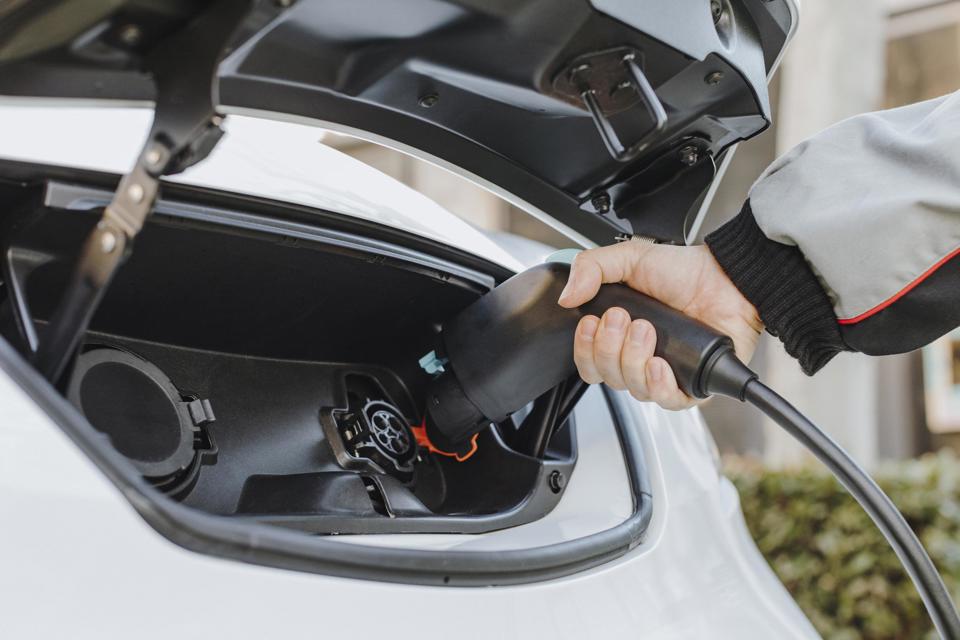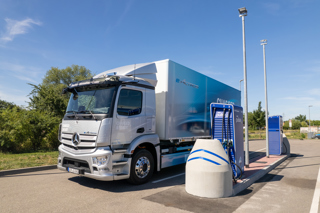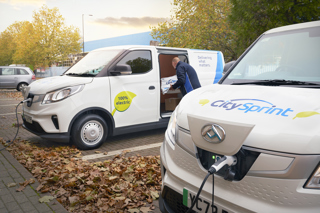Local authorities are being urged to ensure new charge points are suitable for electric vans after the Government pledged new funding for councils.
The Department for Transport (DfT) announced it was expanding its Local Electric Vehicle Infrastructure (LEVI) pilot, with 16 more councils receiving funding to deliver new charge points, yesterday (Tuesday, February 21).
The LEVI pilot scheme is aimed at delivering commercial electric vehicle (EV) charging infrastructure for residents, from faster on-street charge points to larger petrol station-style charging hubs.
In total, £22m of Government funding for the pilot areas is supported by an additional £17m of private sector investment, and £2m from public funds across local authorities.
Transport minister Jesse Norman says the new funding it will help deliver up to a further 2,400 charge points in the short term.
Trade body Logistics UK says that the funding must create provision for commercial vehicles if the industry is to hasten its transition to net zero.
Figures released in October 2022, by the DfT, showed the total number of public EV charge points in the UK had reached 34,637.
However, the UK Electric Vehicle Infrastructure Strategy report, published in 2022, suggests that the UK will require at least 300,000 charge points by 2030.
Denise Beedell, senior policy manager at Logistics UK, said: “The charging requirements of the commercial vehicle sector must be factored into any developments.
“Local authorities must ensure that any new public EV charge point installation and infrastructure provides adequate electric vehicle charging infrastructure with sufficient space for use by commercial vehicles.”
Beedell explained that an “immediate uplift” in the number of public charge points which can be used by battery electric vans, and a recognition of the future needs of battery electric trucks, will be vital to give the logistics sector the “confidence to invest” in zero emission vehicles.
The Government has brought forward a further £7m funding for the existing On-Street Residential Chargepoint Scheme (ORCS), bringing the total funding this year to £37m.
Councils can apply for help installing on-street residential charging devices for EVs through the scheme.
It is available to all UK local authorities to fund up to 60% of the capital costs of installing on-street residential charging devices.
The aim is to ensure that those without private off-street parking are able to access reliable and affordable charging infrastructure.
Until April 1 2022, the scheme covered up to 75% of the capital costs of installing on-street residential charging devices.
The DfT reports that 3,000 charge points have already been installed under ORCS with a further 10,000 in the pipeline.
However, DfT figures published at the end of last year, showed that two-thirds of public on-street charge points paid for through the Government grant had been installed in London.























Login to comment
Comments
No comments have been made yet.